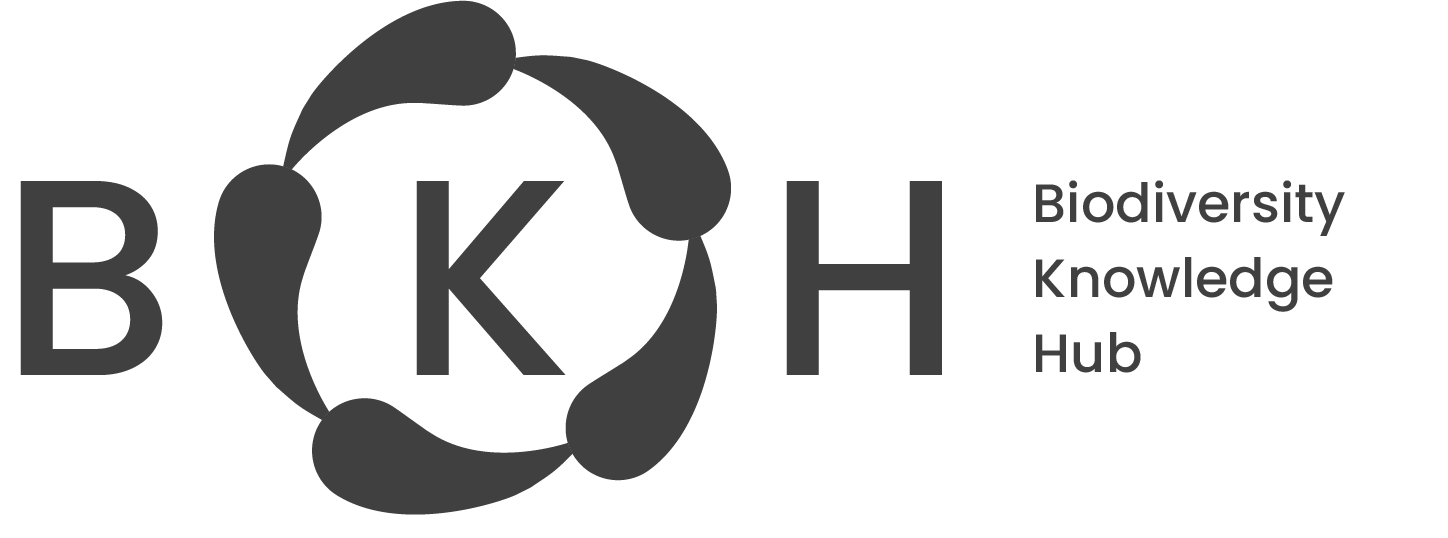
Biodiversity Knowledge Hub
About bkh
The BKH is established by the Biodiversity Community Integrated Knowledge Library (BiCIKL) project, funded by the European Union’s Horizon 2020 Research and Innovation Action under grant agreement 101007492. BKH is maintained by GBIF under collaborative ideas that emerged from GBIC2.
What’s in it for me?
Research Infrastructures
➢ Learn how research infrastructures link data and work together
➢ Understand how to add value for new communities of users who access data from your research infrastructure
➢Join the Biodiversity Knowledge Hub and link your data too
Biodiversity researchers
➢ Learn about new data types from previously disconnected sources ➢ Identify new data sources for your research questions➢ Avoid errors through better understanding of taxonomic name usage➢ Ask complex queries through the FAIR Data Place knowledge bases
Taxonomists
➢ Compare name usage across throusands of checklists➢ Create a taxonomy for your specific needs (coming soon)
➢ Link directly to the taxonomic treatments ➢ Get information on newly published information on a taxon
Biodiversity informaticians
➢ Find links between the data through the FAIR Data Place
➢ Get guidance on use of persistent identifiers and APIs
➢ Access multiple data types through APIs
➢ Assemble and download complex datasets derived from data linking tools
Collection managers
➢ Explore how your collection data is being used➢ Get information on the use of your specimens➢ Access data linked to your specimens (taxon names, sequences, type status, nomenclatural changes)
Publishers
➢ Access guidelines, best practices and semantic publishing
➢ Explore and implement use of persistent identifiers (PIDs) for different data elements
➢ Access tools and workflows for Linked Open Data (LOD)
RESEARCH INFRASTRUCTURES
SUPPORTING ORGANISATIONS
RELEVANT PROJECTS


